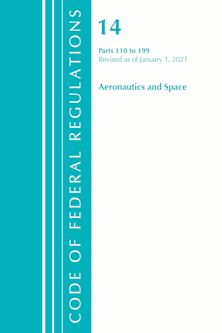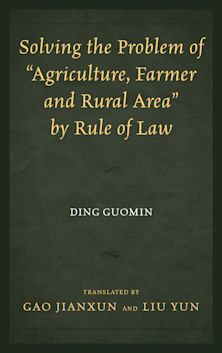- Home
- ACADEMIC
- Law
- Law - Other
- Confirmation Wars
This product is usually dispatched within 3 days
- Delivery and returns info
-
Free US delivery on orders $35 or over
You must sign in to add this item to your wishlist. Please sign in or create an account
Description
In Confirmation Wars, Benjamin Wittes rejects the parodies offered by both the Right and Left of the decline of the process by which the United States Senate confirms-or rejects-the president's nominees to the federal judiciary. He draws on original reporting and new historical research to provide a more accurate understanding of the current climate. He argues that the transformations the process has undergone should not be understood principally in partisan terms but as an institutional response on the part of the legislative branch to the growth of judicial power in the past five decades. While some change may have been inevitable, the increasing aggressiveness of the Senate's conception of its function poses significant challenges for maintaining independent courts over the long term. The problem, Wittes argues, lies both in the extortionate quality of modern confirmations, in which senators make their votes contingent on reassurance by the nominees about substantive areas of concern, and in the possibility that the breakdown of the confirmation process represents a far larger effort by the Senate to rein in judicial power. Wittes offers several strategies for managing the political conflict surrounding nominations, strategies that seek to protect the independence of the courts and the prerogative of the president to choose judges while maximizing the utility to democratic government of a Senate that takes its advice and consent role seriously. Most importantly, Wittes argues for ending the relatively new practice of having nominees testify before the Senate Judiciary Committee.
Published in cooperation with the Hoover Institution.
Table of Contents
Chapter 2 2. An Unsatisfying Debate
Chapter 3 3. The Transformation of Judicial Confirmations
Chapter 4 4. The Threat to Independent Courts
Chapter 5 5. Conclusion: A Confirmation Process for Angry Times
Product details
| Published | Oct 15 2007 |
|---|---|
| Format | Paperback |
| Edition | 1st |
| Extent | 192 |
| ISBN | 9780742551459 |
| Imprint | Rowman & Littlefield Publishers |
| Dimensions | 9 x 6 inches |
| Series | Hoover Studies in Politics, Economics, and Society |
| Publisher | Bloomsbury Publishing |
About the contributors
Reviews
-
Drawing upon his deep knowledge of Washington politics, Wittes proposes several structural solutions to confirmation partisanship, including abandoning nominee testimony and focusing Senators' attention on the nominee's record. Though some may find these suggestions radical, Wittes's practical, readable text represents a serious effort to cure a process that troubles many Americans.
Harvard Law Review
-
This beautifully written and thought-provoking book is everything that the current confirmation process is not: temperate, thoughtful, nuanced, and fair. It is a 'must read' for anyone interested in the confirmation of federal judges.
John Maltese, University of Georgia
-
This is the most interesting and fair-minded book ever written about the politics of judicial confirmation. The partisan participants in the judicial confirmation process should take Wittes's proposals for fixing the system very seriously, but for reasons he discouragingly explains, they probably won't.
Jack Goldsmith, Harvard University
-
Benjamin Wittes, one of America's most insightful legal commentators, has achieved something remarkable: a book that casts genuinely fresh light on the question of judicial appointments. At a time when the debate about nominating and confirming judges tends to be shrill and partisan, this book is the opposite: scholarly, provocative, full of surprising history, and ultimately convincing. Both Wittes's analysis of the confirmation process and his proposed solutions will confound ideologues and delight open-minded readers of all political persuasions.
Jeffrey Rosen, author of The Most Democratic Branch: How the Courts Serve America
-
[Wittes is] a highly cogent legal commentator.
The Review of Higher Education
-
Wittes is not pounding madly on the table-he is too thoughtful and careful with evidence for that-but he is alarmed that in these 'angry times,' the judicial confirmation process, disfigured by harsh partisanship, poses a short and longer term threat to judicial independence. ... [Confirmation Wars] is a fine treatment of judicial confirmation politics, at all points judicious in its treatment of the issues and informative in its coverage of the relevant history and scholarly debate.
Bob Bauer, author of More Soft Money Hard Law


































